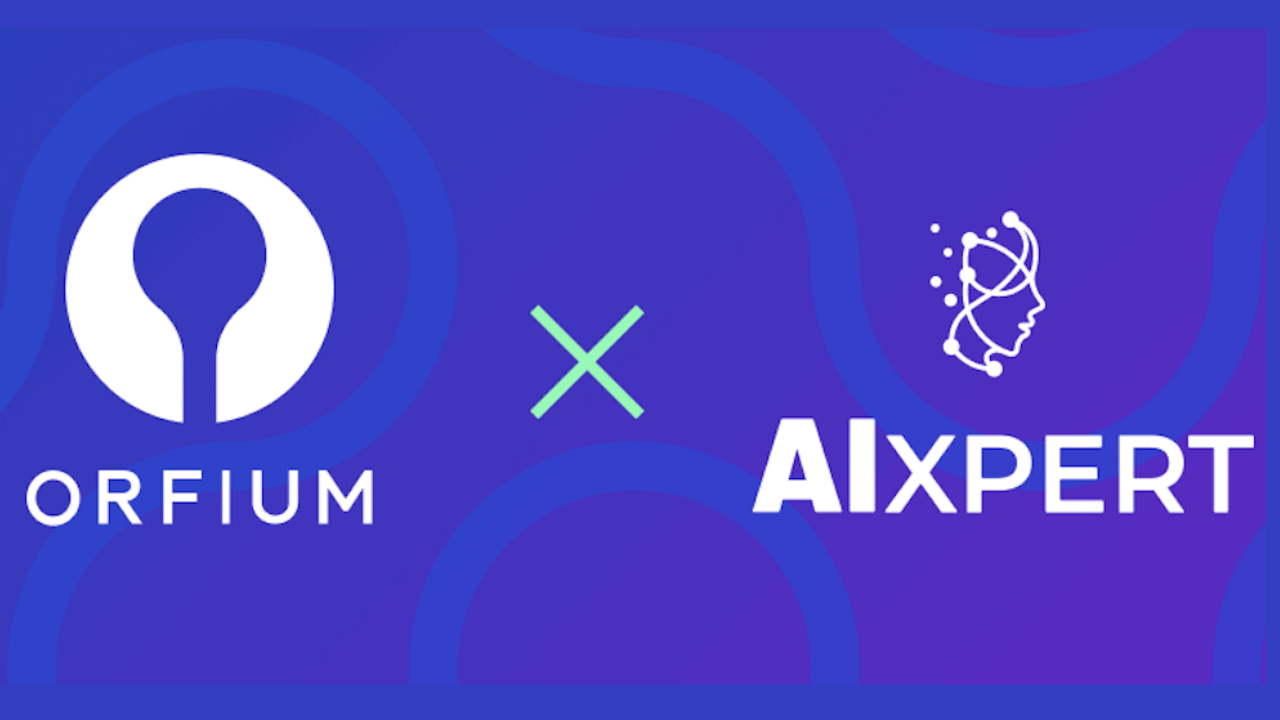Music rights company Orfium has been awarded a major grant from the European Commission to lead a groundbreaking research project addressing one of the most pressing challenges facing the music and broader creative industries: detecting and attributing the use of copyrighted works in AI-generated music.
The research funding is part of the EU's drive to remain competitive in the AI sector in the face of increasing global competition. It's part of a €7.5 million project, named AIXPERT, by the EU's Horizon Europe programme under the Explainable and Robust AI initiative, which aims to improve transparency and accountability in AI systems across sectors.
Orfium will work as part of a pan-European consortium and was one of only three proposals selected from 135 applications to obtain the grant.
The consortium includes:
- Sorbonne University,
- Athens Research Centre,
- Amsterdam University Medical Centre,
- Barcelona Supercomputing Centre,
- The University of Barcelona, Novelcore,
- Furhat Robotics, Kyklos Ltd..
- Workable,
- Infinitivity
- Design Labs,
- ITML,
- Martel Innovate,
- Philips Consumer Lifestyle,
- The University of Groningen,
- The Vector Institute for Artificial Intelligence and
- The French National Centre for Scientific Research.
It is tasked with developing AI technologies that can explain their decision-making processes. It will seek to deliver a comprehensive, human-centric AI framework grounded in FATE principles: Fairness, Accountability, Transparency, and Ethics. The project will create AI systems that are transparent, traceable, and inclusive by design.
Orfium has a global team of over 700 experts working across eight key locations. Its clients include music publishers, record labels, broadcasters, studios, production companies and collection societies. The company is the only member of the consortium using explainable models to identify when and how AI-generated music incorporates elements of existing human-made compositions.
Detecting these instances is the first step in enabling accurate attribution and compensation for original songwriters, composers and rightsholders.
The pioneering technology behind this project aims to ensure that original human creators — songwriters, composers, and publishers — are not left behind, enabling them to benefit financially. As the first research of its kind at this scale, it could pave the way for new AI-era standards in copyright regulation, licensing, and monetisation that protect and empower human creativity in the music industry.
According to Rob Wells, CEO of Orfium, the project is hugely significant for the music industry and closely aligns with the startup's mission to apply AI for the benefit of the sector.
"As generative AI reshapes the entertainment landscape, we are building the infrastructure to ensure creators remain at the centre of that evolution.
To be selected by the European Commission is a strong validation of Orfium's position at the forefront of innovation in music rights management. It aligns with our commitment to leverage AI to tackle the entertainment industry's most complex challenges."
Haris Papageorgiou, AIXPERT Coordinator, said:
"We are at a critical inflexion point where AI's tremendous potential can only be fully realised if we get the fundamentals right from the ground up.
This isn't just about building more powerful systems – it's about building AI that people can actually trust and understand.
We are essentially creating AI that can explain itself in human terms while maintaining the rigour and performance that makes it valuable in the first place."



Would you like to write the first comment?
Login to post comments